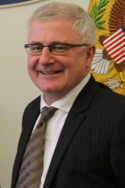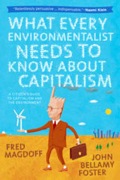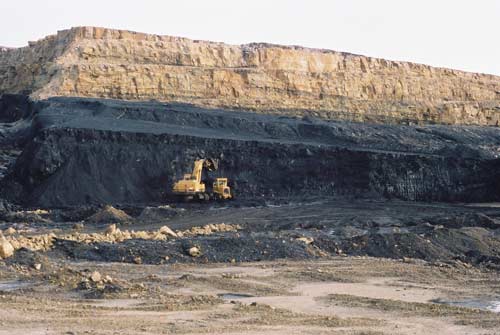 What do New Zealand government members really think about the chasm between their claims on the one hand to be addressing climate change and their insistence on the other that we must take every opportunity to expand our fossil fuel mining industry? I listened to a recent Radio New Zealand interview with Tim Groser, the Minister responsible for international climate change negotiations, in which he discussed the outcome of the Durban conference. He sounded committed to the reduction of greenhouse gas emissions. He was respectful of the science. He affirmed that the progress so far made was inadequate, but thought it possible that Durban might turn out to have been a critical turning point by getting all the big emitting countries on the mitigation bus. He sometimes sounded the “real world” theme, but not to the extent of suggesting that the whole process was doomed to failure. He was positive about renewable energy potential. One might disagree with some of his perspectives, but there was no suggestion that he was not serious about the need for the world to move to low-carbon economies.
What do New Zealand government members really think about the chasm between their claims on the one hand to be addressing climate change and their insistence on the other that we must take every opportunity to expand our fossil fuel mining industry? I listened to a recent Radio New Zealand interview with Tim Groser, the Minister responsible for international climate change negotiations, in which he discussed the outcome of the Durban conference. He sounded committed to the reduction of greenhouse gas emissions. He was respectful of the science. He affirmed that the progress so far made was inadequate, but thought it possible that Durban might turn out to have been a critical turning point by getting all the big emitting countries on the mitigation bus. He sometimes sounded the “real world” theme, but not to the extent of suggesting that the whole process was doomed to failure. He was positive about renewable energy potential. One might disagree with some of his perspectives, but there was no suggestion that he was not serious about the need for the world to move to low-carbon economies.
Yet back in New Zealand Groser is a Minister in a government which is planning to increase the exploration and exploitation of fossil fuels, claiming that they offer immense financial benefits that we would be foolish to forego. These fuels will release greenhouse gases into the atmosphere either in the countries to which they are exported or here. When pressed on the issue the excuses offered include that emissions in other countries are the responsibility of the users of the fuels, not the suppliers, that within New Zealand our Emissions Trading Scheme will somehow result in the satisfactory offsetting of the harm done by the emissions, and that if we don’t mine fossil fuels others will and we will suffer an unfair economic disadvantage.
I find it impossible to mentally inhabit these two worlds simultaneously. A world in which we are working sincerely to a drastic reduction in greenhouse gas emissions, and a world in which we are vigorously pursuing the extraction of every last bit of fossil fuel we can locate. Am I lacking mental agility? Or is there doublethink going on in government?


 The Institute of Professional Engineers New Zealand (
The Institute of Professional Engineers New Zealand ( An image that has lingered with me from all the reports of the Durban conference was the
An image that has lingered with me from all the reports of the Durban conference was the  I felt a twinge of envy watching a recent BBC Hardtalk interview with Chris Huhne, Britain’s Secretary of State for Energy and Climate Change. The tone of his statements was much more forthright than anything we’re likely to hear from New Zealand government ministers. It was no more than we have a right to expect from our politicians, but so rarely do we hear leading figures from major parties speaking with directness and conviction that I was grateful for the interview and thought parts of it worth reporting. (It doesn’t seem to be available on line to non-UK viewers, though there’s a snippet
I felt a twinge of envy watching a recent BBC Hardtalk interview with Chris Huhne, Britain’s Secretary of State for Energy and Climate Change. The tone of his statements was much more forthright than anything we’re likely to hear from New Zealand government ministers. It was no more than we have a right to expect from our politicians, but so rarely do we hear leading figures from major parties speaking with directness and conviction that I was grateful for the interview and thought parts of it worth reporting. (It doesn’t seem to be available on line to non-UK viewers, though there’s a snippet